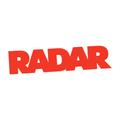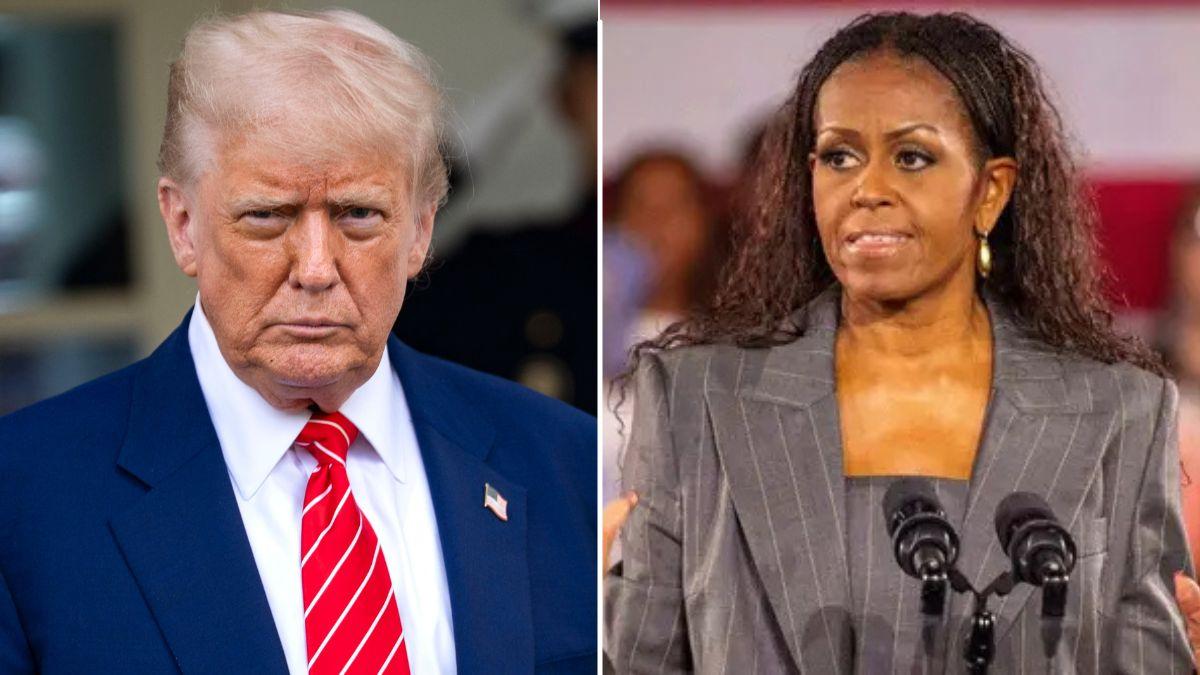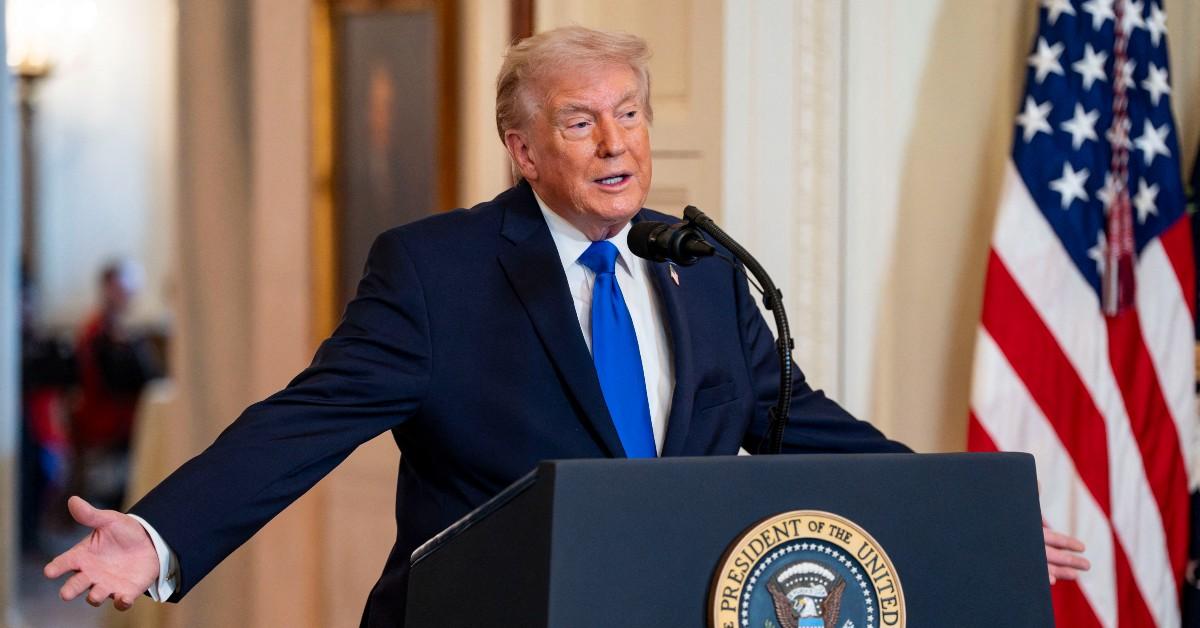Trump Shocks World With Call to Resume Nuclear Testing After 30-Year Hiatus... as Russia and China Rage on Prez Amid Possible New Arms Race
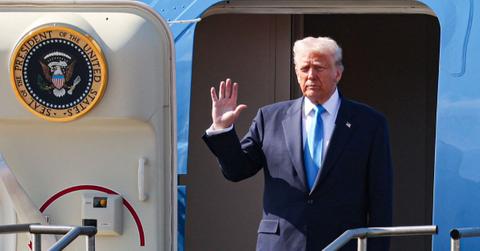
Trump shocked the world by urging a nuclear testing restart, sparking arms race fears.
Oct. 31 2025, Published 6:00 p.m. ET
President Donald Trump is pushing for the resumption of U.S. nuclear weapons testing for the first time in over three decades, RadarOnline.com can reveal.
"This startling directive aims to ensure America stays competitive with nations such as Russia and China, because of other countries testing programs, I have instructed the Department of War to start testing our Nuclear Weapons on an equal basis," Trump declared on social media shortly before meeting with Chinese President Xi Jinping in South Korea
Trump Declares Return to Testing
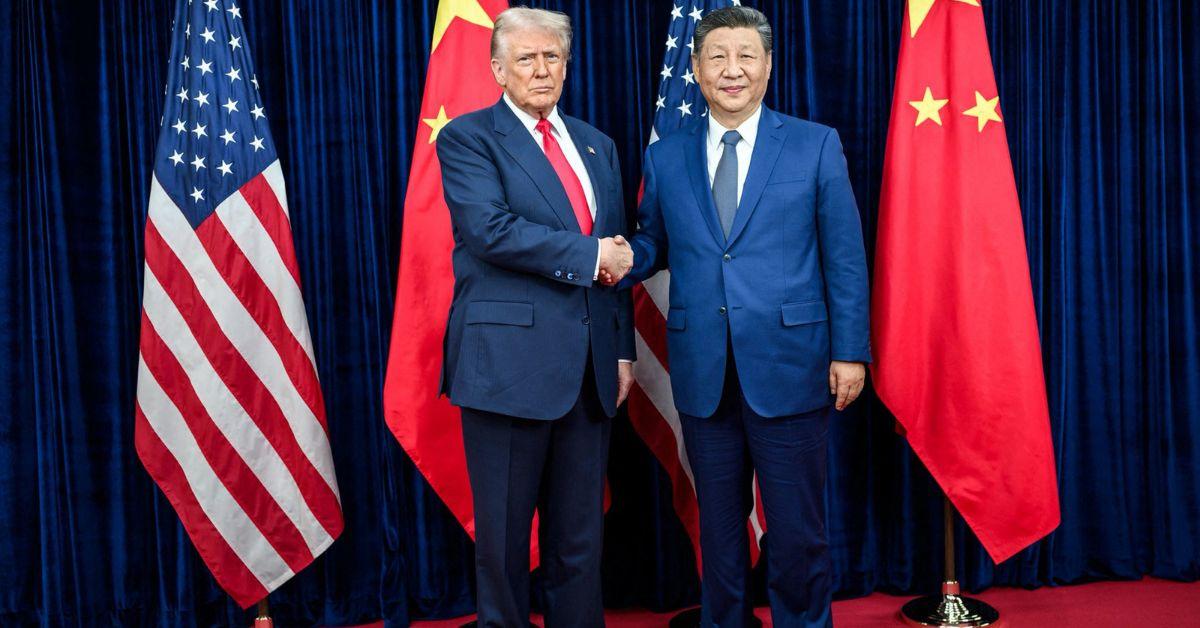
Trump made the surprise announcement ahead of his meeting with Xi Jinping.
With the U.S. boasting the largest nuclear stockpile globally, Trump emphasized that while Russia comes in second, China remains a "distant third."
The last time the U.S. conducted such tests was in 1992, and Trump's call comes just days after he criticized Russia for testing a nuclear-powered missile, a claim Moscow dismisses as false.
Decades-Old Policy Faces Reversal
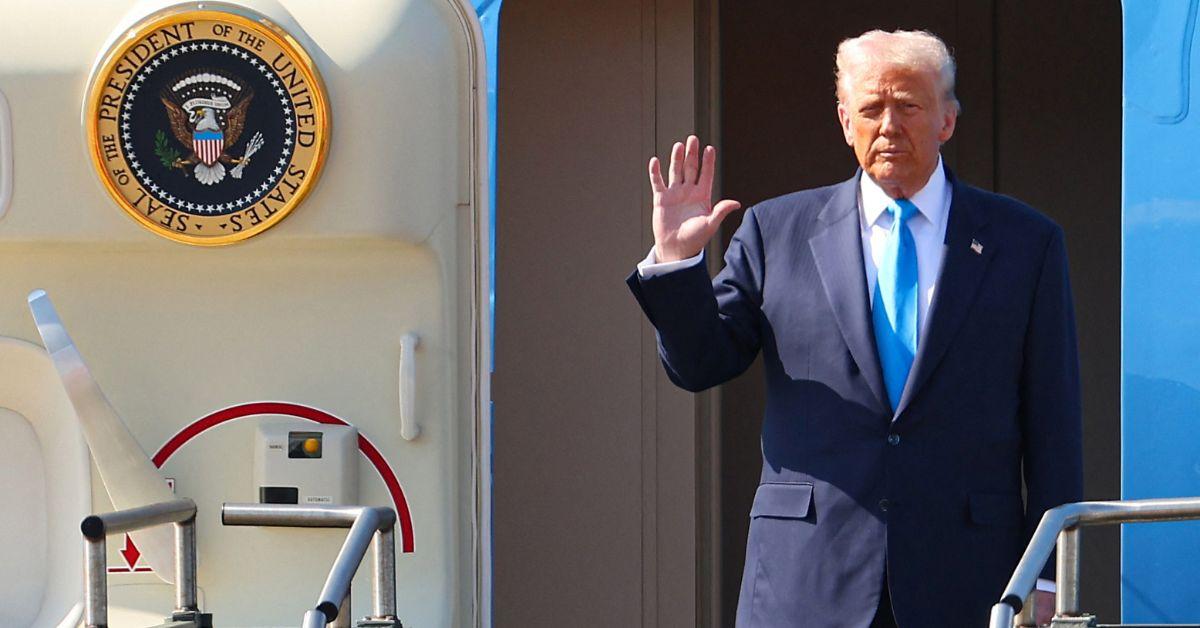
Reporters on Air Force One heard Trump defend his plan to restart nuclear testing.
Onboard Air Force One, following the summit, Trump elaborated, stating that the locations for nuclear tests would be determined later. "With others doing testing, I think it's appropriate that we do also," he told reporters, signaling a potential shift in a decades-old policy.
The Arms Control Association reports that no nation, except for North Korea, has conducted a nuclear test explosion this century, and even Pyongyang had announced a testing moratorium in 2018.
Trump's announcement, however, left many speculating whether he was advocating for actual nuclear explosion tests or simply for systems capable of delivering such devastating payloads.
Global Reactions From Russia and China
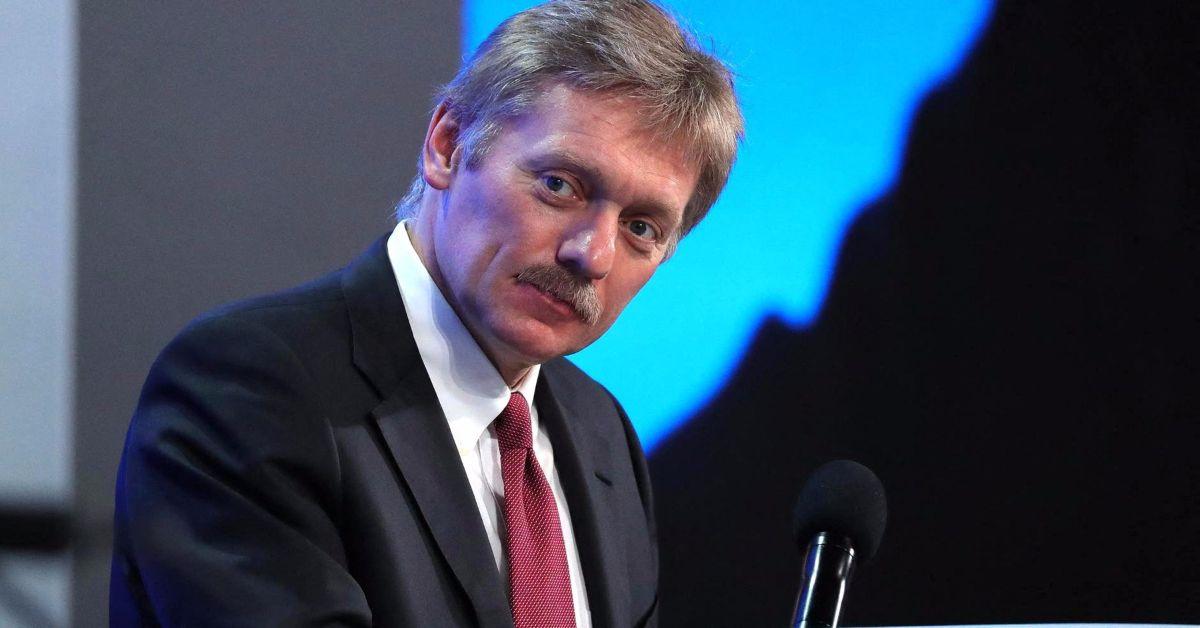
Russia spokesperson, Dmitry Peskov, reacted swiftly to Trump’s explosive comments.
Acknowledging the "tremendous destructive power" of nuclear arms, Trump made it clear that updating the U.S. arsenal was a necessity during his administration, asserting that China's nuclear capabilities could pose a significant threat "within 5 years."
This move marks a dramatic reversal from a long-standing U.S. strategy spearheaded by former President George H.W. Bush, who imposed a moratorium on nuclear tests following the Cold War's end.
But the Kremlin is weighing in: over the weekend, Russia claimed to have successfully tested two new weapons capable of carrying nuclear warheads, including a missile designed to breach U.S. defense systems.
Their spokesperson, Dmitry Peskov, responded to Trump's remarks, stressing, "This cannot in any way be interpreted as a nuclear test."
China, too, has reacted, urging the U.S. to honor the Comprehensive Nuclear-Test-Ban Treaty (CTBT) and uphold its commitment to halt nuclear testing.
A New Arms Race on the Horizon?

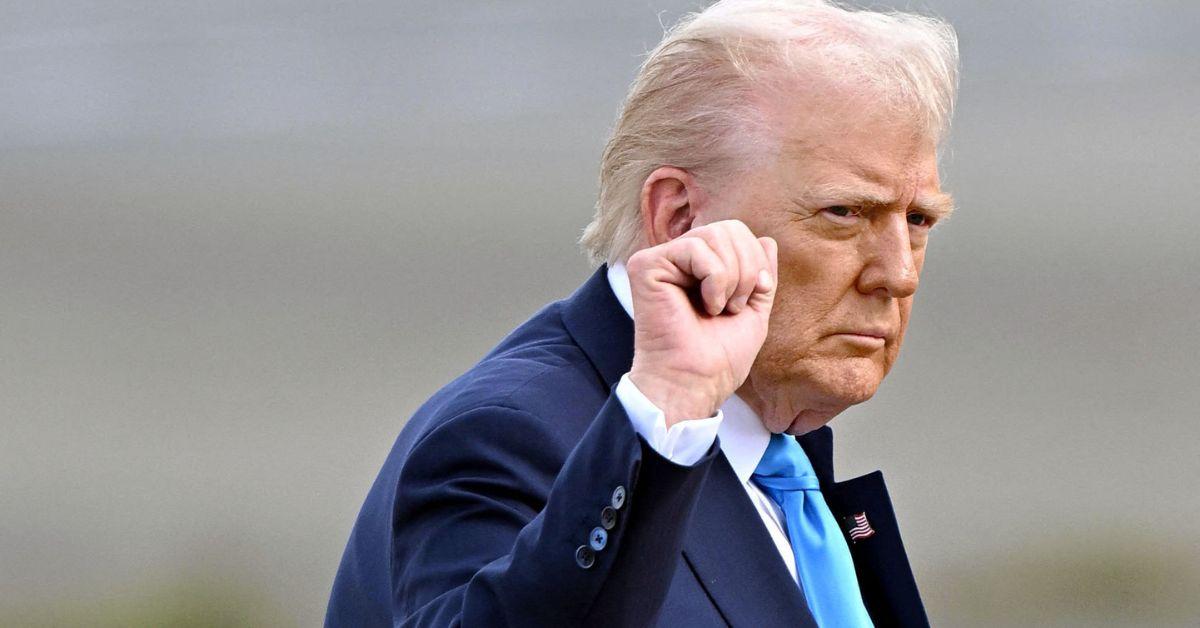
Moscow denied Trump’s claims of new Russian nuclear tests.
As for who holds the title for the most nuclear weapons? Trump claims the U.S. leads the pack, with the Federation of American Scientists estimating around 5,177 warheads in the U.S. versus 5,459 in Russia.
Despite the secrecy surrounding exact figures, China comes in third with approximately 600 warheads. Notably, the Center for Strategic and International Studies warns that China may double its arsenal to over 1,000 by 2030.
With Trump's provocative statement made just 100 days before the expiration of the New Strategic Arms Reduction Treaty (New Start) in February 2026, the stage is set for a potential new era of arms competition. With both nations limited to 1,550 warheads capable of long-range deployment under the treaty, the looming expiration intensifies the stakes.
